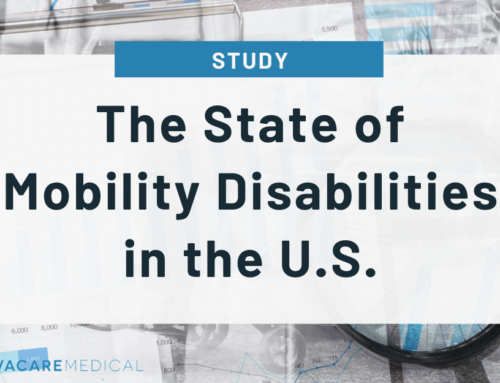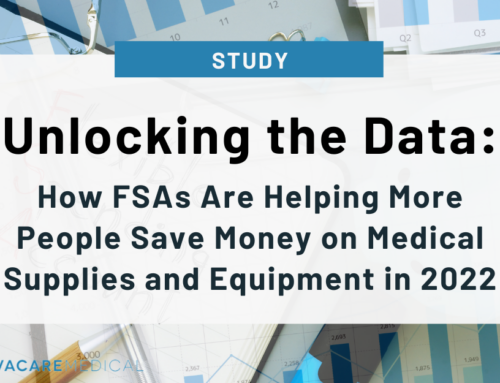According to a report published in the British Medical Journal three years ago, medical malpractice was, at the time, the third leading cause of death in the US.
Add to that the over 1 million medical malpractice injury cases we see yearly, and you might glimpse how staggering the reality actually is.
Let’s explore what medical malpractice is, what sorts of complications it can lead to, and what your next course of action should be if you or a family member is affected by it.
What is medical malpractice?
We need to distinguish between two similar terms here: medical malpractice and medical negligence. The two are very different in the eyes of the law, but as a patient, you may not be too bothered by this fact.
The main difference between them is intent. Medical negligence means that a medical professional has made a mistake during treatment, and has caused harm to a patient unknowingly and unintentionally. On the other hand, medical malpractice means that a medical professional has taken action or failed to take action, knowing that the patient could come to harm.
What are some of the most common complications resulting from medical malpractice?
Misdiagnosis or delayed diagnosis
Every patient has the right to a timely diagnosis – and if a doctor fails to make the right one, a patient’s condition can significantly worsen. The chances of getting the right treatment are exponentially reduced when a patient isn’t diagnosed with the right condition.
A delayed diagnosis may prolong the patient’s suffering, or put them at an increased risk of complications that they wouldn’t be facing had the diagnosis been reached in time.
For example, if a doctor fails to spot spinal nerve damage for what it truly is, the patient might end up bound to a wheelchair for a significant amount of time, or even lose all of their ability to use their lower extremities.
Objects left behind during surgery
While this sounds like something out of a horror movie, the number of cases where an instrument or other surgical object is left behind inside the patient is not negligible.
The complications arising from such a medical mistake can include discomfort and pain, but can also lead to serious infections, organ damage, or even death – especially if the procedure was performed on the stomach or other vital organs. This can lead to incontinence and require additional surgery to remedy the issue.
Injury at childbirth and during pregnancy
Although we’ve come a long way in terms of making childbirth safer and less painful, complications can still arise, and they can be caused by medical negligence.
Some of the most prominent issues include:
- Failing to order a C-section on time when the baby is in distress
- Failing to spot abnormal bleeding on time
- Failing to diagnose pre-eclampsia
- Failing to recognize birth defects in the child
- Failing to identify an ectopic pregnancy
Any of these complications can lead to serious harm to both mother and child. They can result in developmental and cognitive difficulties, disability, or a fatal outcome.
Infection
One of the most common post-op complications is surgical site infections (SSI). It needs to be vigilantly monitored for and prevented as much as humanly possible. However, medical professionals and hospitals sometimes fail to adhere to basic sanitary precautions, causing harm to their patients by using un-sanitized instruments, exposing them to harmful bacteria, or neglecting their own personal hygiene.
SSIs can range from mild to extremely severe, and should never be treated lightly, neither by the patient nor the medical staff.
Complications after anesthesia
While anesthesia is very safe in most cases, certain complications can arise as a result of medical negligence or malpractice. Mistakes with providing the right anesthesia can lead to trauma, brain damage, or death.
The most common mistakes include:
- Failing to determine a patient is allergic to a certain anesthetic from their history
- Failing to inform the patient of the importance of not eating before anesthesia
- Excessive use of anesthesia
- Allowing the patient to come out of anesthesia during the procedure
- Failing to note patient distress during the procedure
What to do if you suspect medical malpractice
Determining if you have a malpractice case on your hands can be very difficult. One of the obstacles is that patients who don’t get their desired outcome or experience pain and discomfort often react by blaming their pain on their caregivers.
However, when medical malpractice does occur, it’s important to chase it down and do what can be done to prevent similar cases from happening again.
If you suspect you or a family member is a victim of medical malpractice, consult an experienced medical malpractice attorney, who can help guide you through the process of investigation and a potential lawsuit.
Always remember that while we all naturally place a lot of trust in our doctors and other medical professionals, it’s still up to us to remain vigilant when we’re entrusting our lives to them. If you feel something is not right, voice your concerns immediately, and try to get to the bottom of your health issue.




